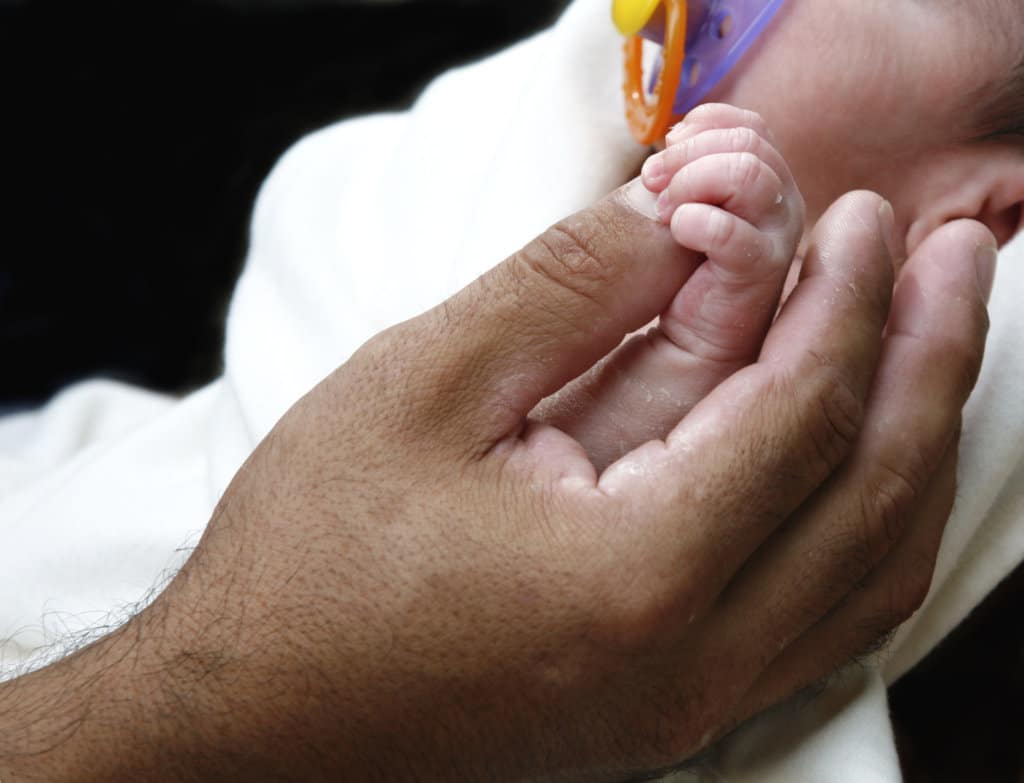India is among 92 countries which do not have national policies in place to ensure that new fathers get adequate paid time off with their newborn babies, according to a new UNICEF analysis released on June 14.
India and Nigeria are among the nations that have high infant populations, yet don’t have national policies that ensure that new fathers get adequate paid leave, the report showed. Other major nations that do not have paid paternity leave include China, Egypt, United States, Sri Lanka, Thailand, and Switzerland. “In comparison, other countries with high infant populations, including Brazil and the Democratic Republic of the Congo, all have national paid paternity leave policies – albeit offering relatively short-term entitlements,” the report said.
Almost two-thirds of the world’s children who are under a year old, numbering nearly 90 million, live in countries where their fathers are not entitled by law to a single day of paid paternity leave, according to UNICEF.
The new analysis forms part of UNICEF’s Super Dads campaign, which is in its second year. It aims to break down barriers that prevent fathers from playing an active role in the development of their young children.
UNICEF Executive Director Henrietta H. Fore said in a statement that positive and meaningful interaction with mothers and fathers from the very beginning helps in shaping children’s brain growth and development for life, making them healthier and happier, and increasing their ability to learn.
“We have to ask more of governments and more of employers if we’re going to give fathers and mothers the time and resources they need to nurture their children, particularly during the earliest years of a child’s life,” Fore added.
Urging governments to implement national family-friendly policies that support early childhood development which includes paid paternity leave, UNICEF said that the governments should help provide parents with the time, resources and information they need to care for their children.
“Around the world, momentum for family-friendly policies is growing. For example, in India, officials are proposing a Paternity Benefit Bill for consideration in the next session of Parliament, which would allow fathers up to three months of paid paternity leave,” UNICEF stated.
In eight countries across the world, including the United States which is home to nearly four million infants, there is no paid maternity or paternity leave policy, according to the report.
In March last year, the Indian parliament gave its nod to the Maternity Benefit (Amendment) Bill, 2016. According to the new law, women working in the organized sector will now be entitled to paid maternity leave of 26 weeks, up from 12 weeks. The new law applies to all establishments that employ 10 or more people, and the entitlement is applicable only up to the first two children. The maternity leave entitlement for the third child will only be for 12 weeks, the Hindu reported.
